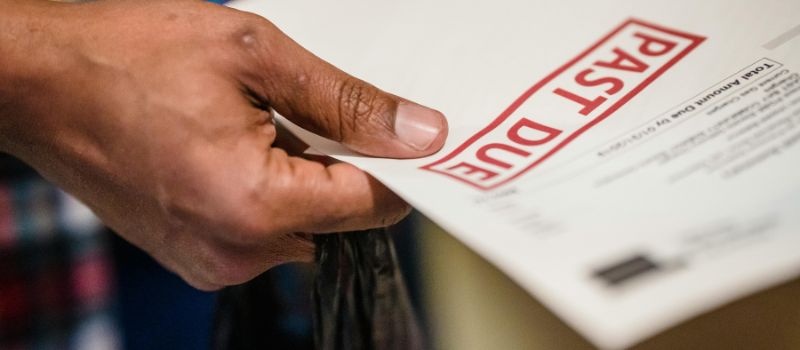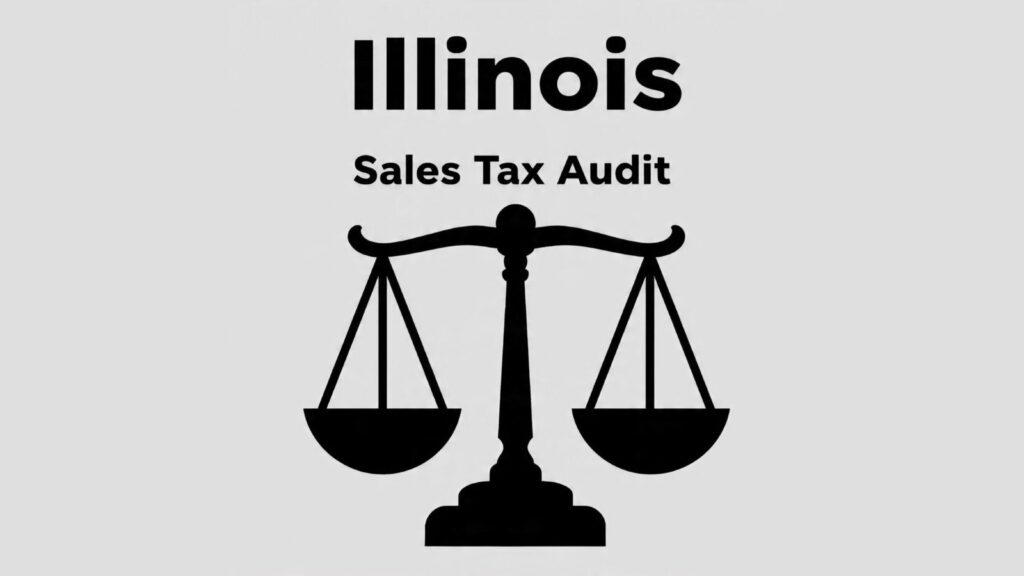Challenging a Sales Tax Deficiency: What Illinois Businesses Need to Know
If you have undergone an Illinois sales and use tax audit, then, chances are that you owe a substantial amount of sales tax to the State. This could be a result of sampling, using bank statements, the 1099-k, or actual numbers. However, you have appeal rights and you do not have to pay the liability until the litigation is complete. If you’ve received communication from the Illinois Department of Revenue (IDOR) and now owe sales tax, you may be eligible to request a review through IDOR’s Informal Conference Board (ICB):
The communication will read as follows:
- Notice of Proposed Deficiency
- Notice of Proposed Liability
- Notice of Proposed Claim Denial
- Notice of Proposed Liability and Claim Denial
Your Best option for Dispute Resolution: Request an Administrative Hearing or File a Petition with the Illinois Independent Tax Tribunal. You must take action within 60 days (or 30 days for IFTA cases) from the date on the notice informing you of protest rights
The Illinois Tax tribunal: THE BEST OPTION

Illinois Tax Tribunal procedure:
Initial Filing and First Steps
- You timely filed your petition with the ITT.
- The ITT sends our office a proof of filing the day that they receive your case with a case number and first status conference hearing date (status with Judge and ITT’s attorney) – this notice is called an Order.
First Status Conference Hearing
- By the first status conference hearing date, the ITT will file an answer to your complaint.
- They will agree or disagree to each of your allegations.
- This will be discussed at the status conference.
- At the first status conference hearing, we will decide another date to discuss the case.
Second Status Conference Hearing
- By the second status conference hearing date, we discuss the factual differences about your complaint and the audit.
- We inform the Judge about our stipulations and disputed facts.
- The Judge issues another order for a third status conference hearing.
Third Status Conference Hearing
- By the third status conference hearing, we have discussed possible settlements or trial.
- If we have a settlement to propose, then we will submit the settlement.
Note: The settlement will be an effort made by our office and the client. We require the client’s help in tying the loose ends together to create a clear offer with factual basis. Counsel 1 (one of the good ones at the ITT) actually guided our office in not making the mistake of sending in a “flea market” type of offer where you submit a random number for settlement with no factual basis.
- On the third status, we discuss the settlement with the Judge.
- The ITT’s lawyer sends the offer to the audit department if there is a settlement.
- Otherwise, the case is set for trial.
Moving Towards Trial
- The offer is accepted by both parties, OR we move towards trial.
Preparing for Trial
- Assume we move towards trial.
- We collect a trial retainer.
- The pretrial order is written by our office.
- We can still settle the case between this point and trial.
Trial and Post-Trial
- Assume the case is going to trial.
- We prepare for trial.
- Then, we litigate in court.
- After trial, we submit a post-trial brief.
- You either won or lost by this point
Illinois Tax Tribunal Procedure:
What if you missed your Illinois Tax Tribunal Deadline? File a late discretionary hearing!
Frequently Asked Questions
Why would someone appeal a sales tax deficiency?
Someone may appeal a sales tax deficiency because they disagree with the auditor’s findings. More importantly, filing an appeal preserves their legal right to formally protest the assessment before additional penalties accrue or collection efforts intensify.
What does it mean to preserve my right to protest?
Preserving your right to protest means keeping open your legal avenues to challenge a tax assessment. If you fail to appeal promptly, it becomes much harder, or even impossible to contest the debt later, regardless of its accuracy.
What types of penalties can accrue if I don’t appeal a sales tax audit?
Penalties for not addressing a sales tax audit can include late payment penalties, failure to pay penalties, and fraud penalties. These penalties are assessed on top of the original tax balance, compounding your financial liability.
Is paying on a payment plan a good idea if I disagree with the audit?
No. Entering into a payment plan acknowledges the debt and can eliminate your chance to dispute it. It’s generally better to appeal the audit first rather than pay money you do not legally owe.
How can I start the process to appeal my sales tax audit?
Contact a tax professional experienced in sales tax audits as soon as possible. Firms like ours can help you file the necessary appeal documents quickly, giving you the best chance to resolve the matter in your favor.

